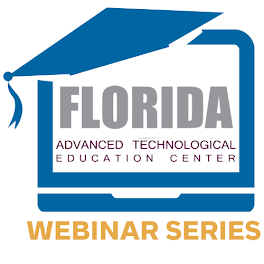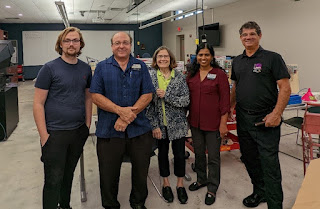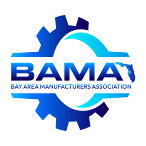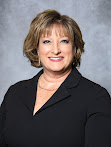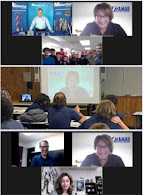Northwest Florida State College (NWFSC) has a summer work experience program where students in the Engineering Technology (ET) degree program do a 9-week internship with a local company in the summer. FLATE recently interviewed two students who participated in Summer 2022, Christopher Garza and Paul Greer Jr, for an inside look at their experience.
Both students did their internships with
Air Force Research Laboratory (AFRL) at Eglin Air Force Base. Universities Space Research Association (USRA) administers their
AFRL Scholars Program to strengthen the science, technology, engineering, and mathematics (STEM) workforce pipeline. Through the company’s Scholars Program, AFRL offers stipend-paid internship opportunities for undergraduate and graduate-level university students pursuing STEM degrees, as well as upper-level high school students. The selected interns gain valuable hands-on experiences working with full-time AFRL scientists and engineers on cutting-edge research and technology and are able to contribute to unique, research-based projects. They also provide
mentors to help guide students, including through the application process.
Paul Greer Jr. Paul Greer Jr. has been at NWFSC for a year, entering the ET program at NWFSC to further his education and acquire a degree to obtain a good paying job with benefits. He had attended another college previously. After a year there, Paul decided to join the Air National Guard and says that it had a big impact on his life. “I wanted to do something new. It definitely changed my outlook on situations and helped me become who I am today.”
Paul did his summer internship in the FUZE Experimentation Lab at AFRL. On Paul’s first day, his mentor, Don Clabaugh, met him at the company and showed him around, helping him find the building where he needed to report, which was tucked away behind some trees. Officially, Paul’s job at AFRL was equipment maintenance. In practice, Paul also built an equipment maintenance database for the shop which was different than what he was expecting. In addition, he was able to rotate through and help many different people around the shop, which exposed him to all the career possibilities in the company. “They all helped me get my bearings at the company and I really enjoyed working there. It's like a family and I'm grateful I was able to be a part of it.”

Paul “absolutely loved” the program and would recommend it to other students. He said, “it was a ton of fun and great work experience for me.” When asked if it changed his career goals, his response, “It was a unique job and my career goals have definitely shifted more towards this job!”
Christopher Garza Christopher Garza enrolled in the ET program at NWFSC a year ago due to its proximity to his home and the ability to have more one-on-one time with teachers. He knew he would not be able to receive that time at a larger college, especially in core classes, without serious wait time and difficulty. He will finish his ET degree in Spring 2023 and is also working on passing SolidWorks certifications to continue advancing his CAD (Computer Aided Design) skills. His current plan is to transfer to the University of South Florida for an engineering degree after getting his AA. Then either work on a doctorate or to go work for a company or the government for R&D.
When asked if any of his high school experiences led him to the ET path, Christopher said during high school, he had no idea what I wanted to do, but did have an interest in science and technology. This led him to sign up for Idesign in high school, which was being taught by Michael Emigh, former Program Director of the ET program at NWFSC. This sparked his interest in CAD and 3D printing and he went on to receive certifications ranging from OSHA-10, SolidWorks Associate, and MSSC CPT (Certified Production Technician) while in high school.
Christopher’s 9-week internship at AFRL involved work on projects that cannot be disclosed. However, he was able to use the certifications he received during high school on the job. He stated that “these certifications allowed his mentors at the internship to be confident in my skills and allow them to teach me other skills I would not have had the time to learn such as CNC.”
Christopher would recommend the AFRL Scholars Program, “They were great to work with and were willing to work around my busy schedule. They accommodate a wide range of fields of study, not just CAD." He enjoyed the work this summer and liked the flexibility of being able to work when his schedule allowed. While the work experience did not change his career goals, he stated that it reaffirmed that he wants to continue to do CAD in the future. He did point out that there is a vast amount of paperwork needed beforehand to do the internship, the only downside to the program.
His advice to students just graduating from high school is to have a plan but try different things and don’t tie yourself to a set path, continuing in a field of study you do not like. “You will find other fields of study that you will want to try or find interesting so try a class or two or do an internship to try out the field. I already regret not trying unique opportunities in high school, so I am trying not to let any experiences I might enjoy slip away from me now.”



